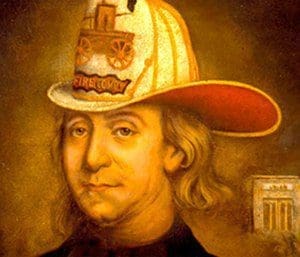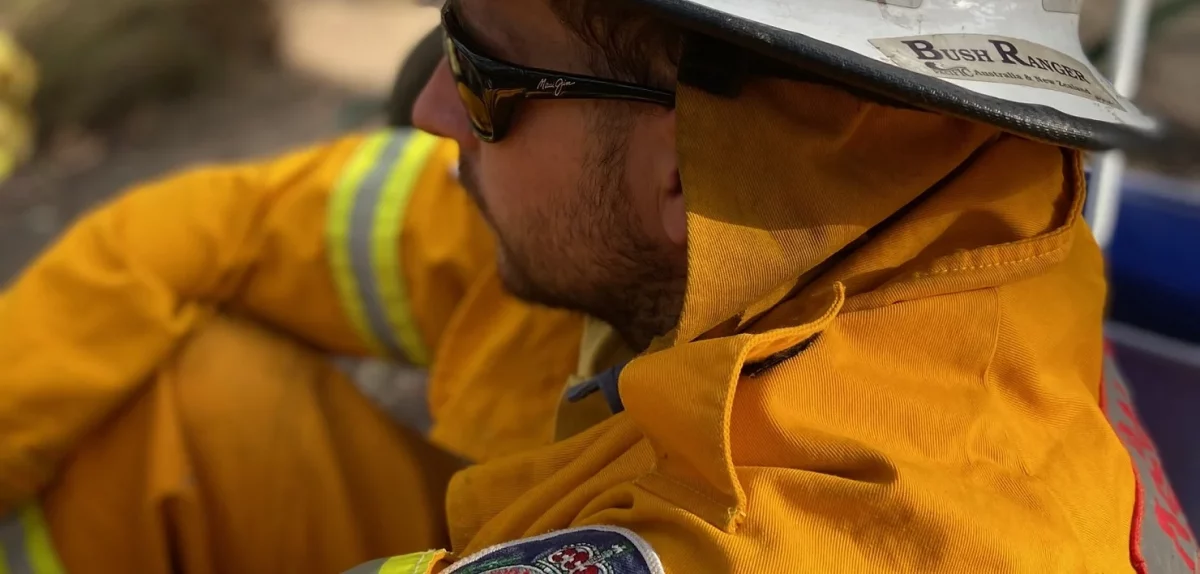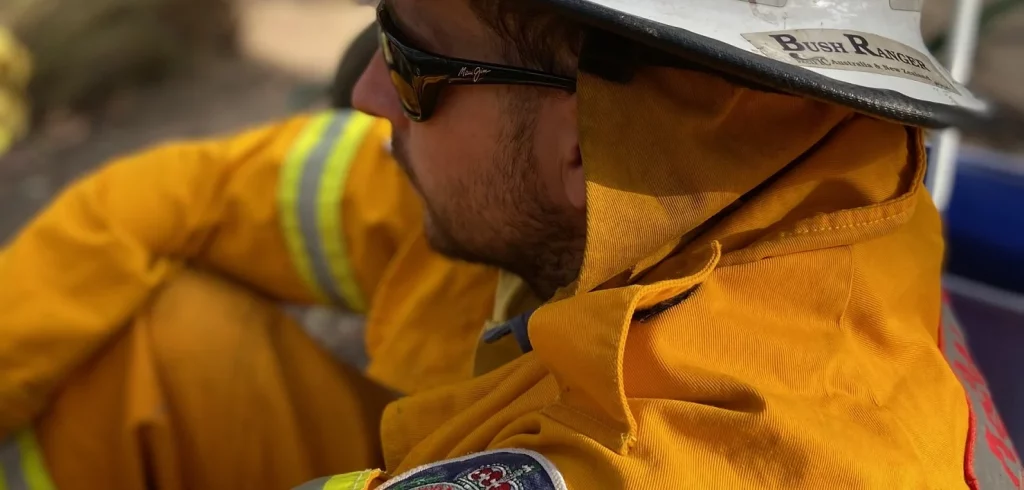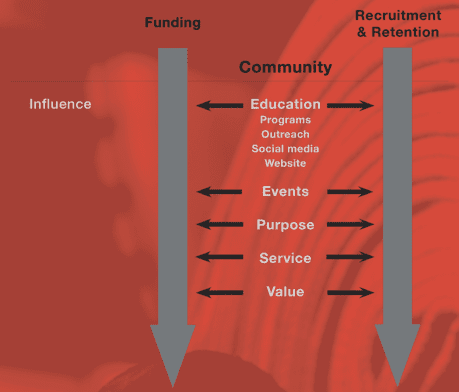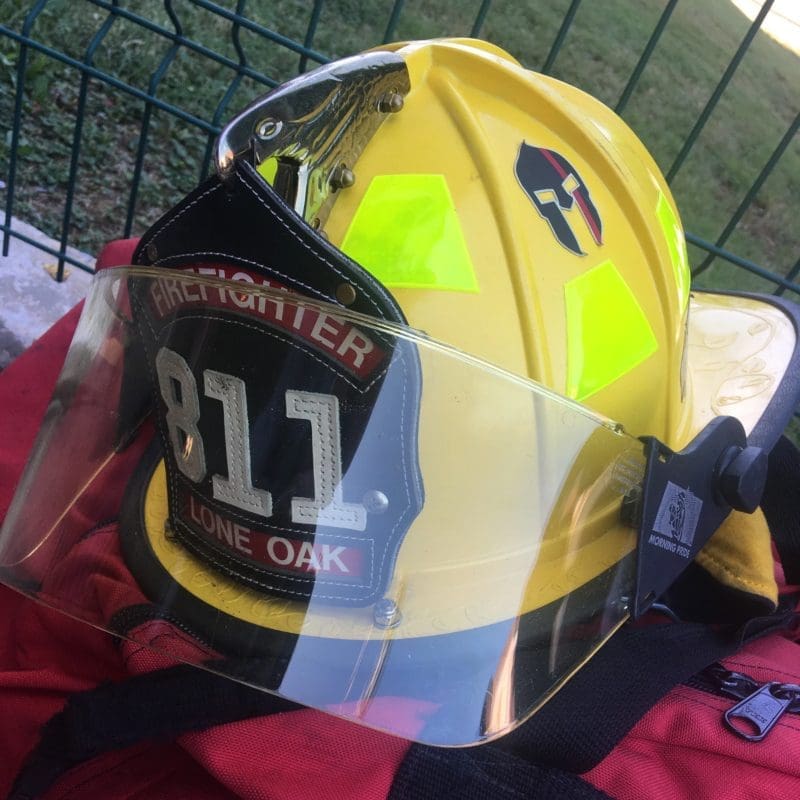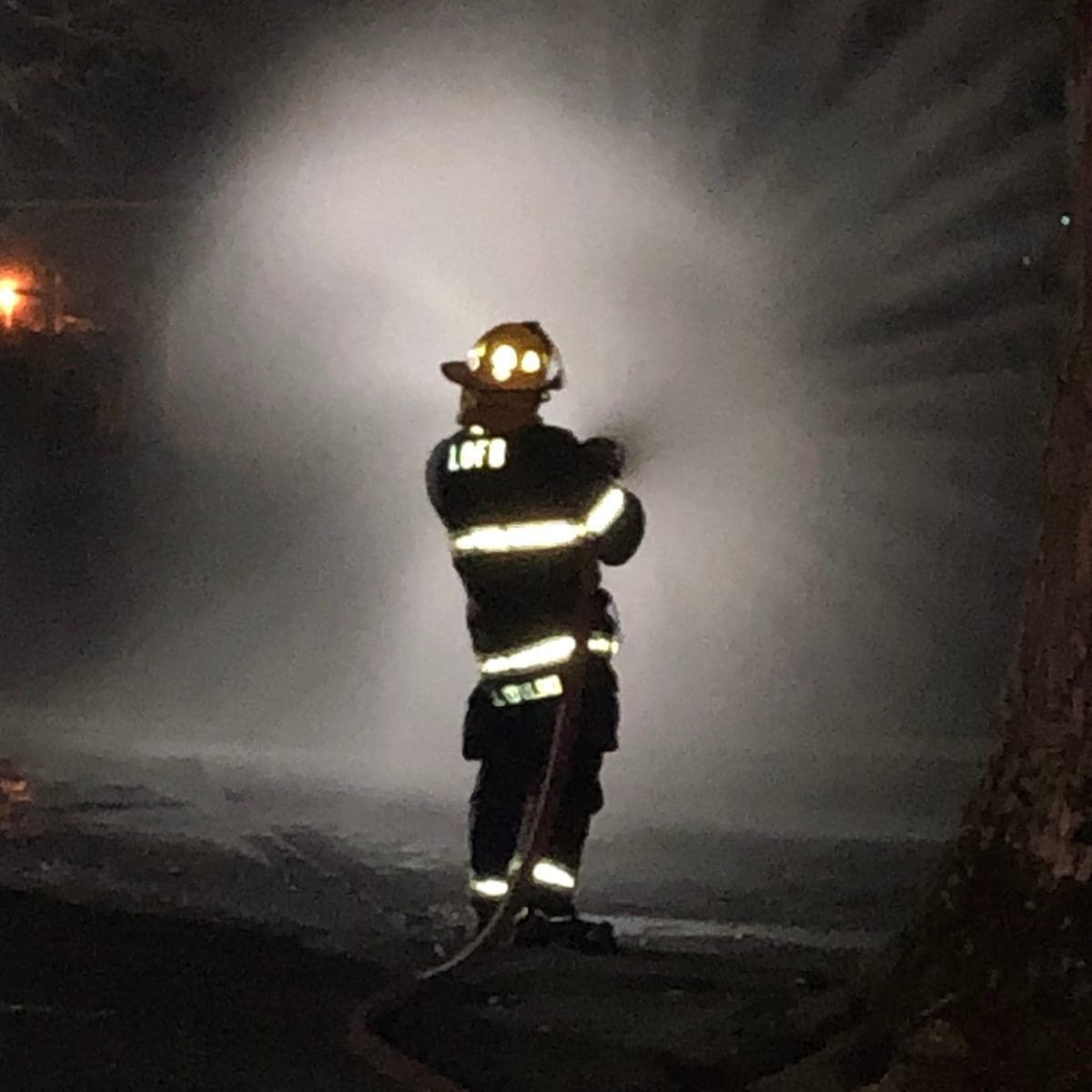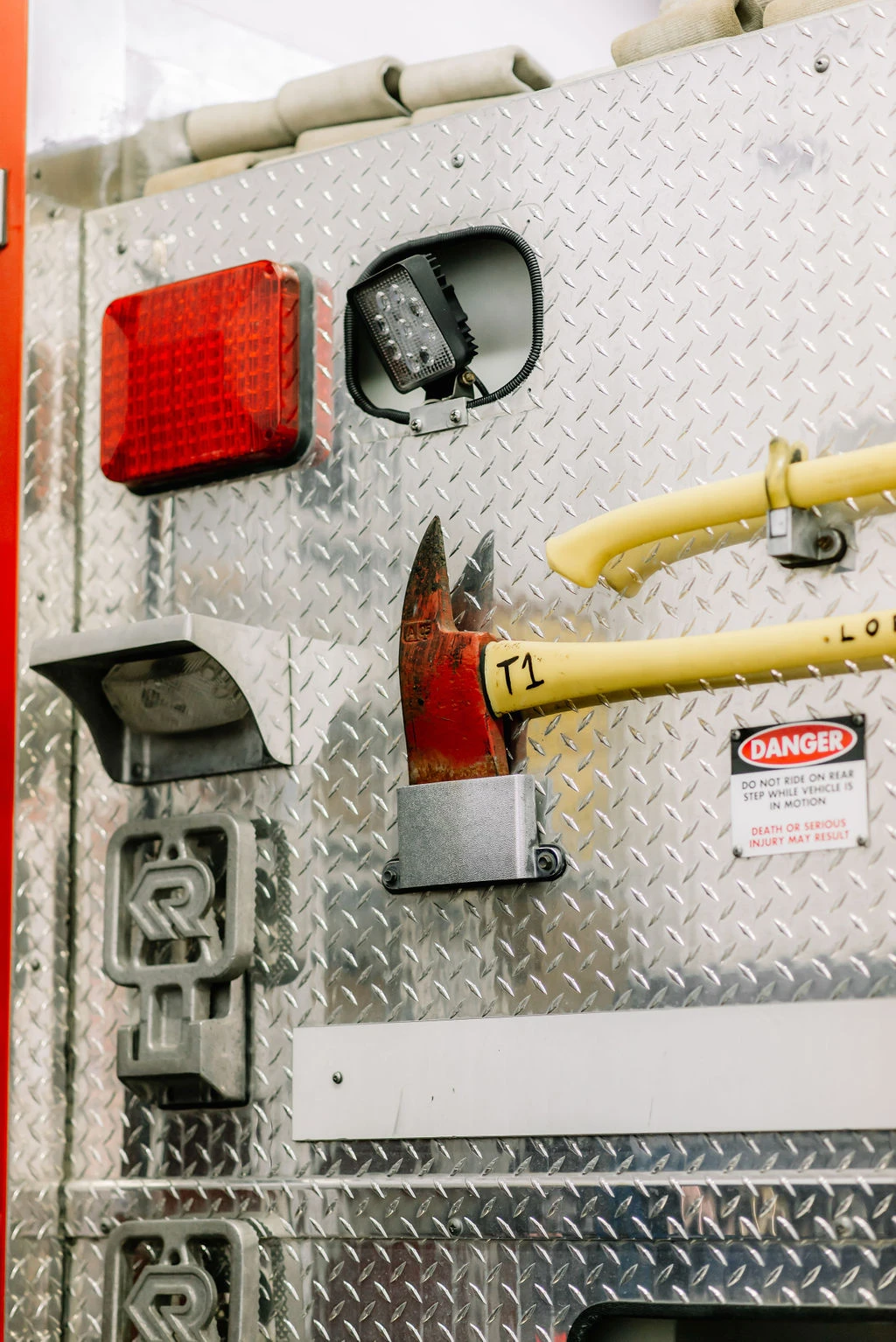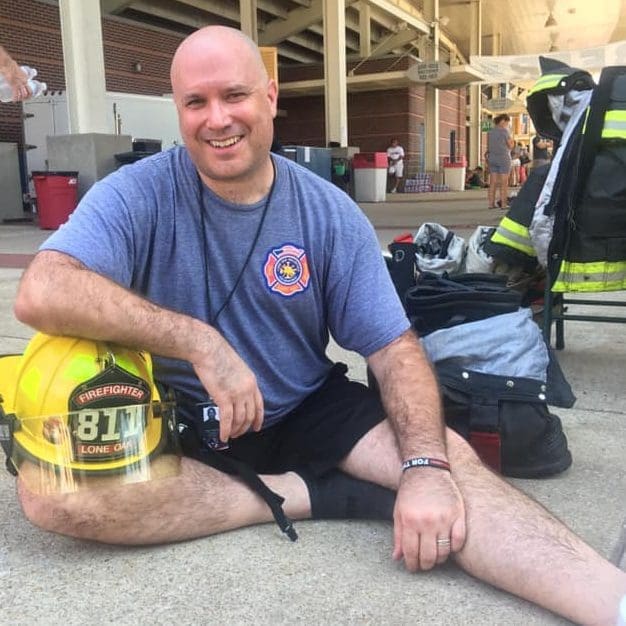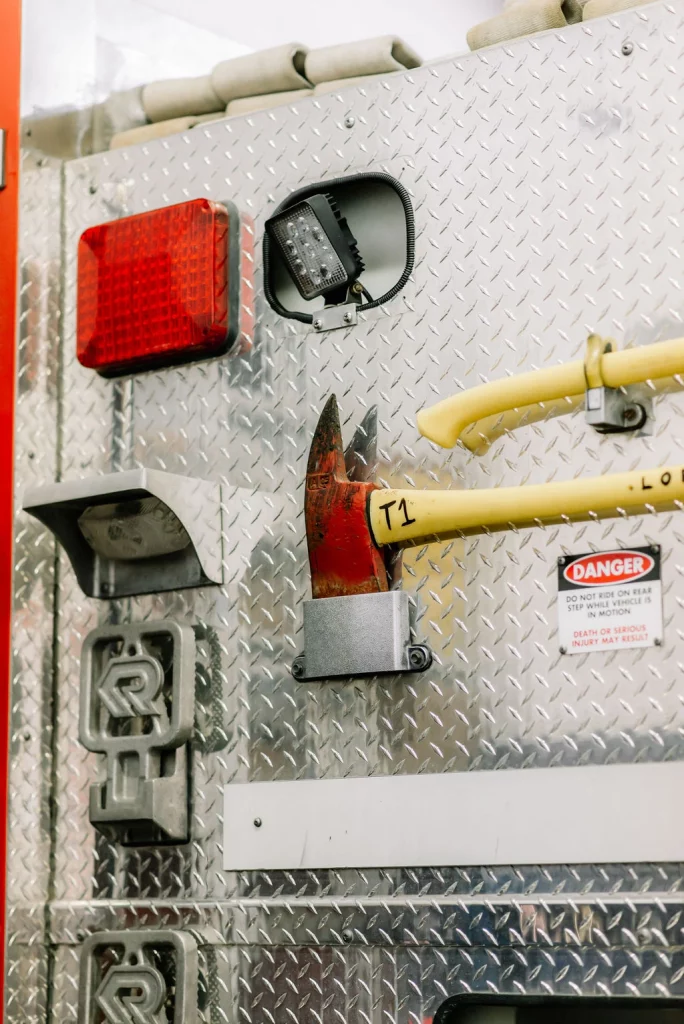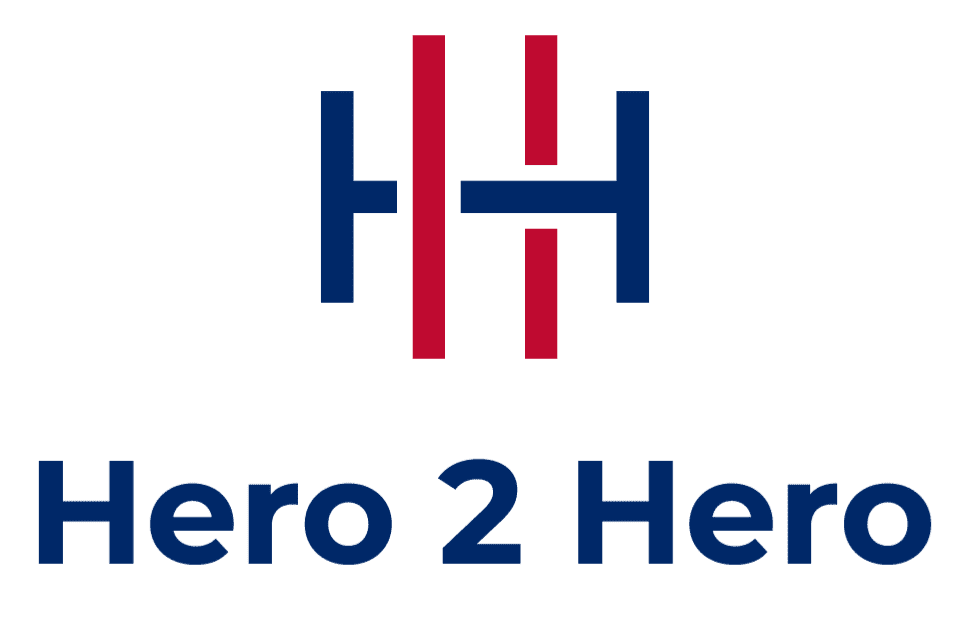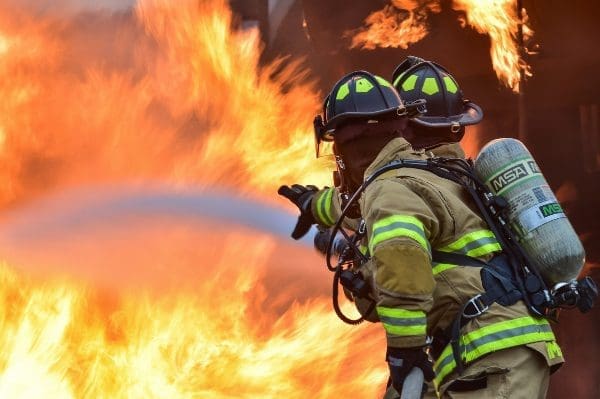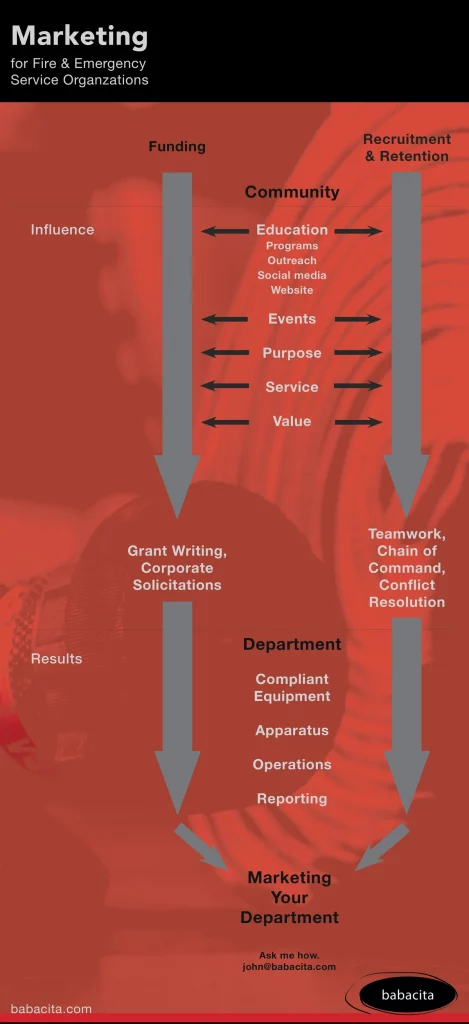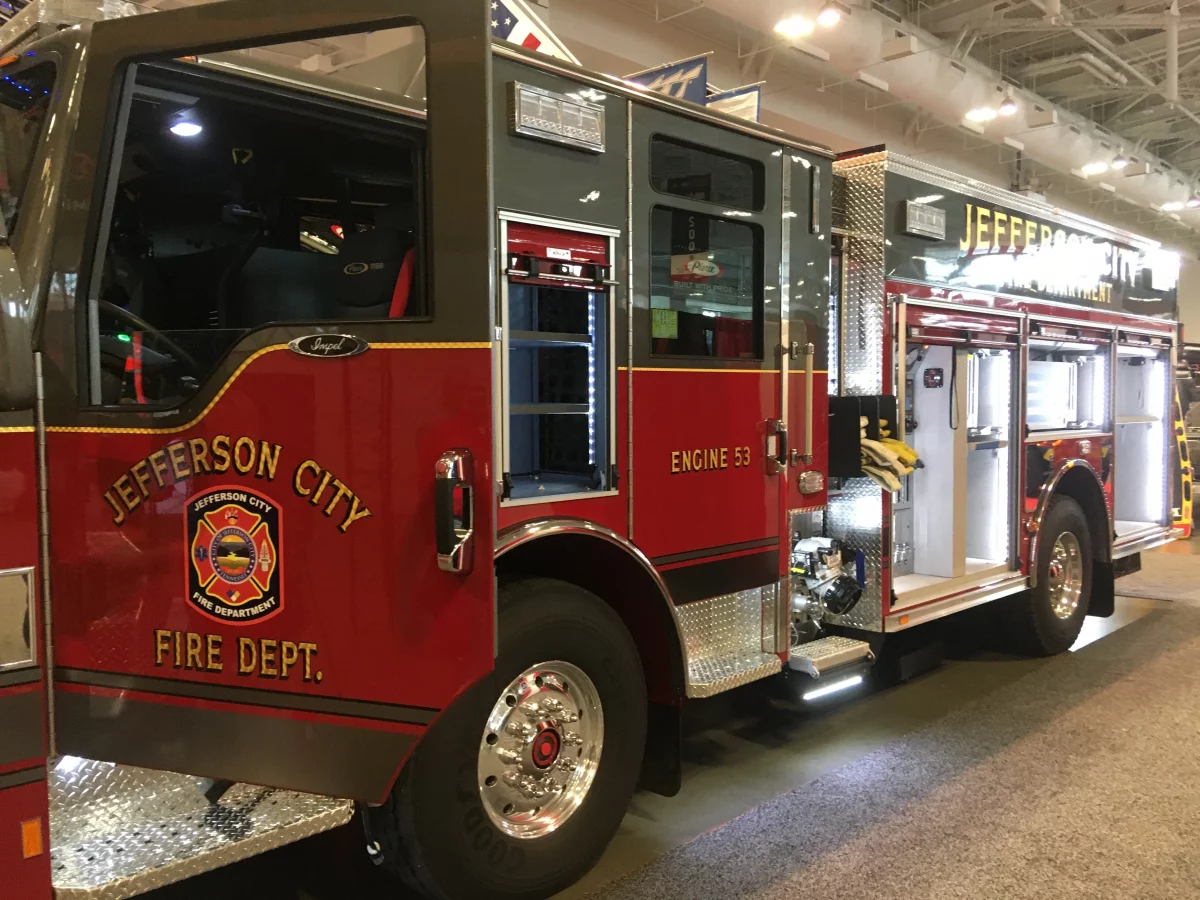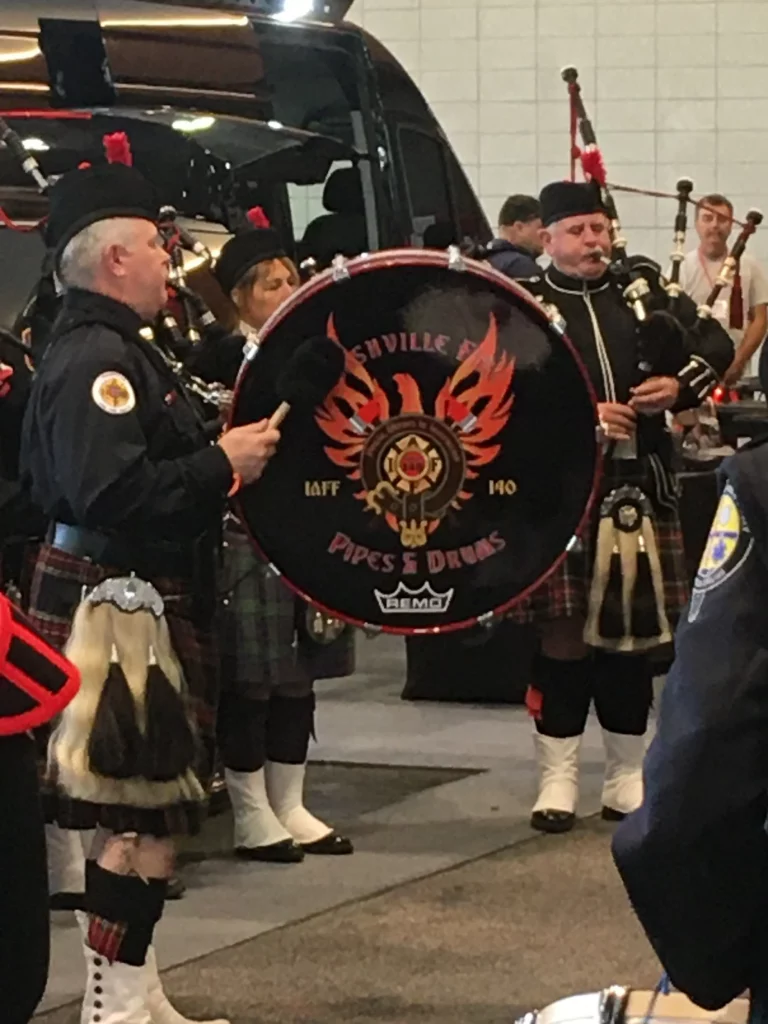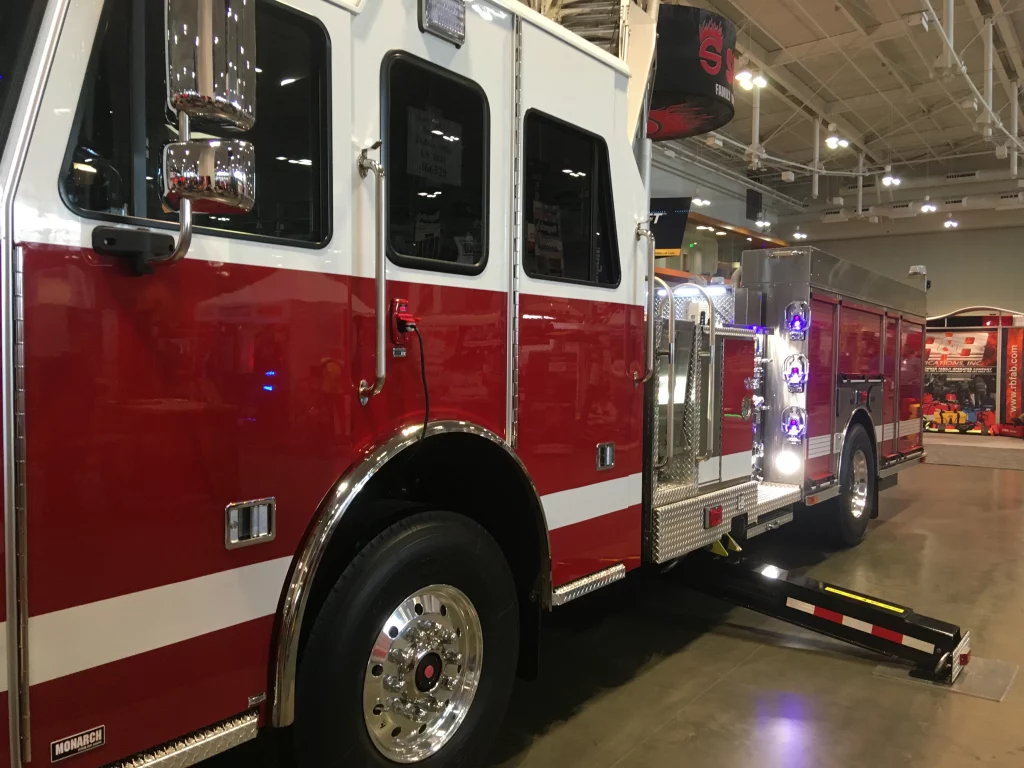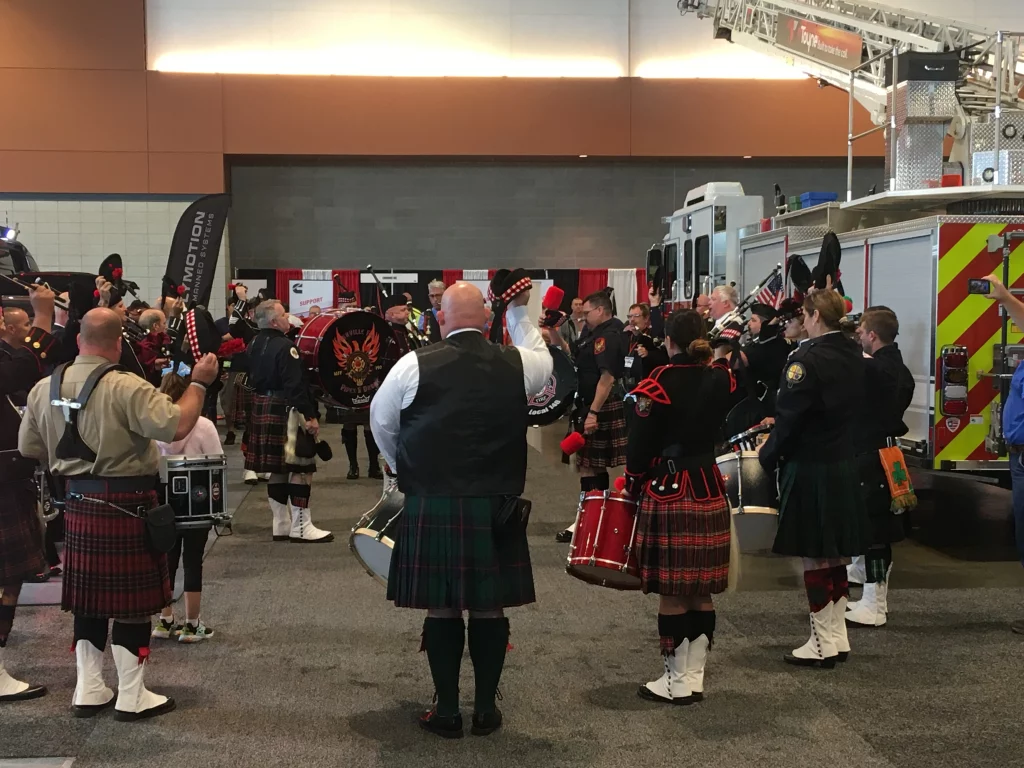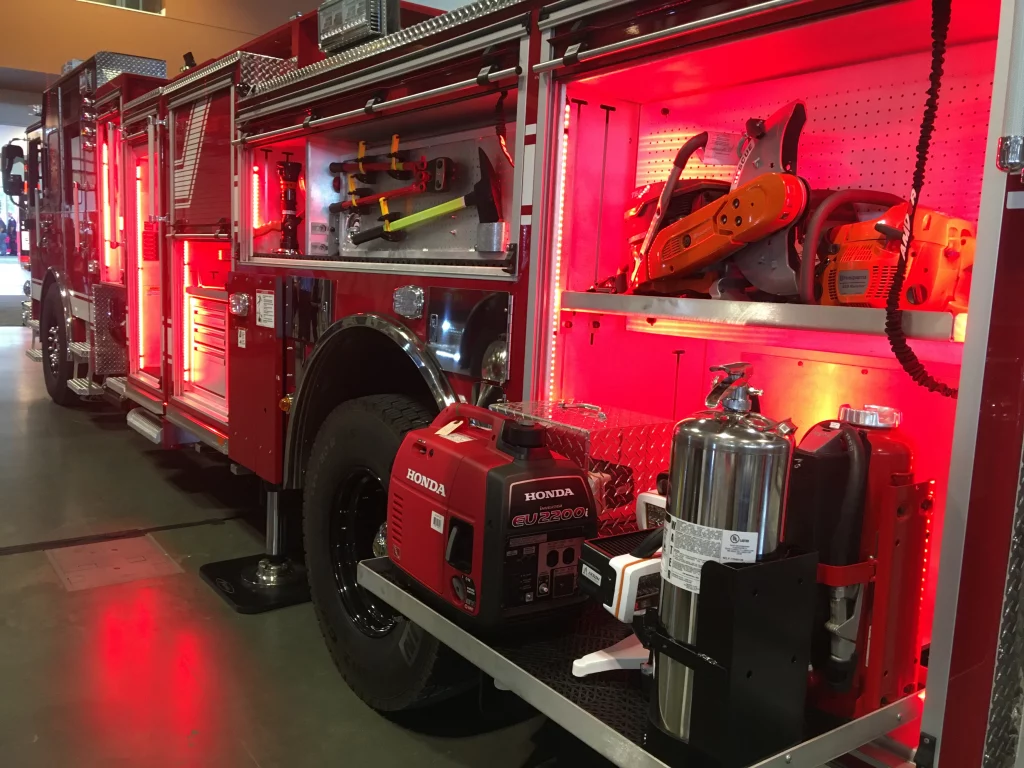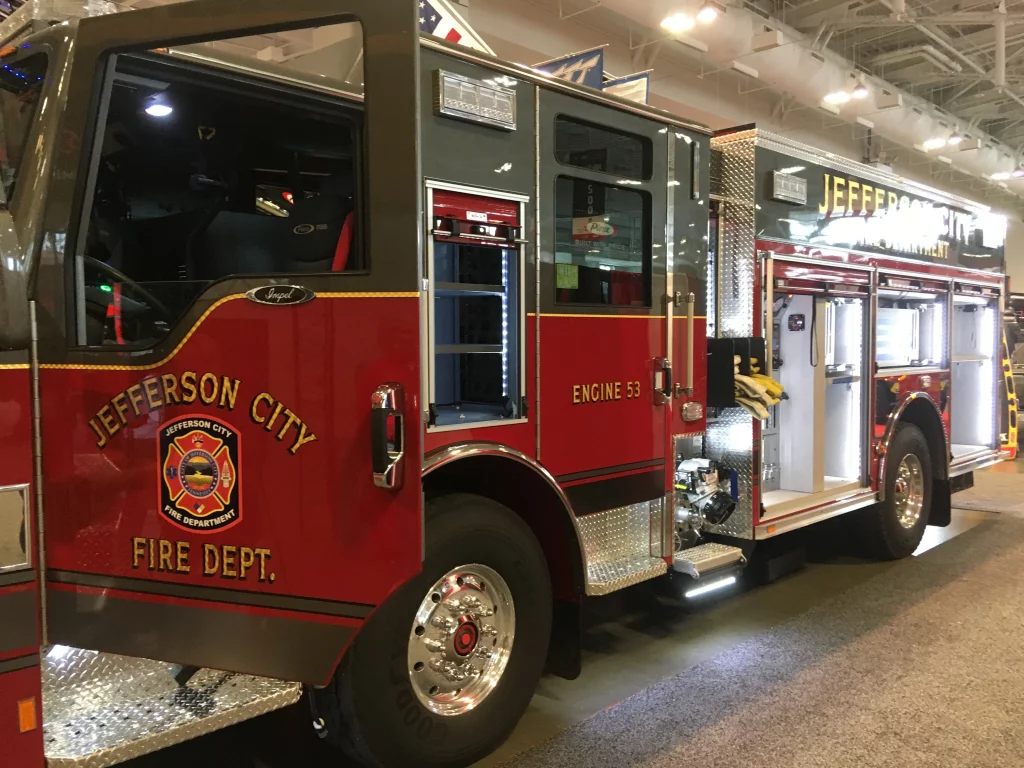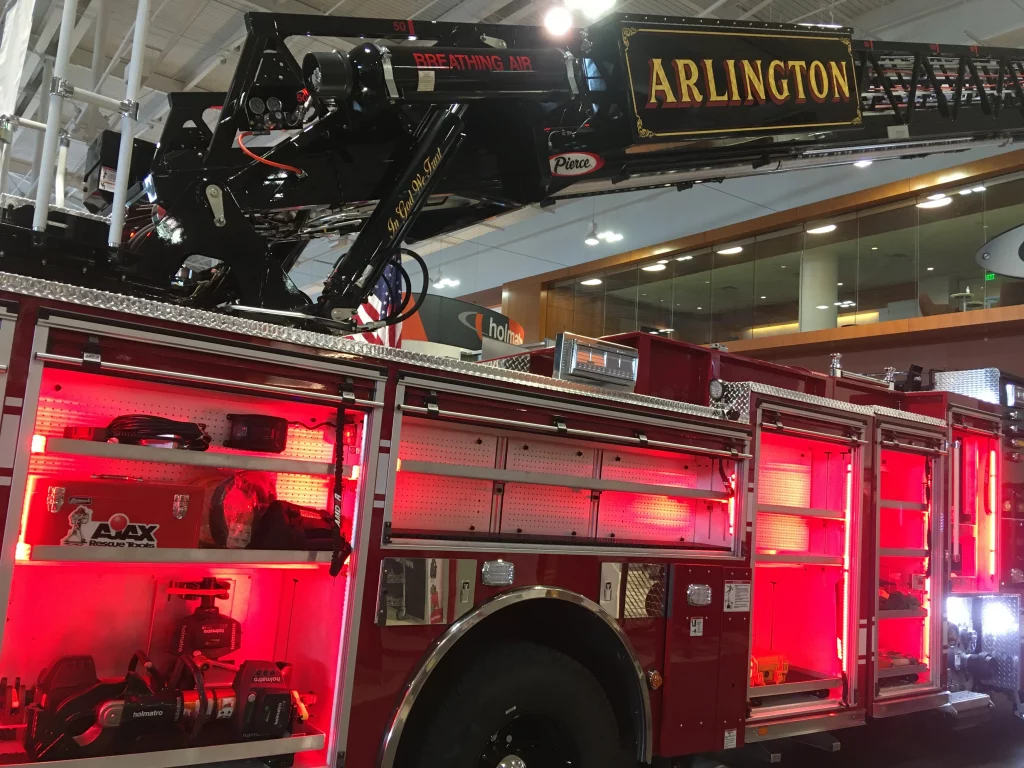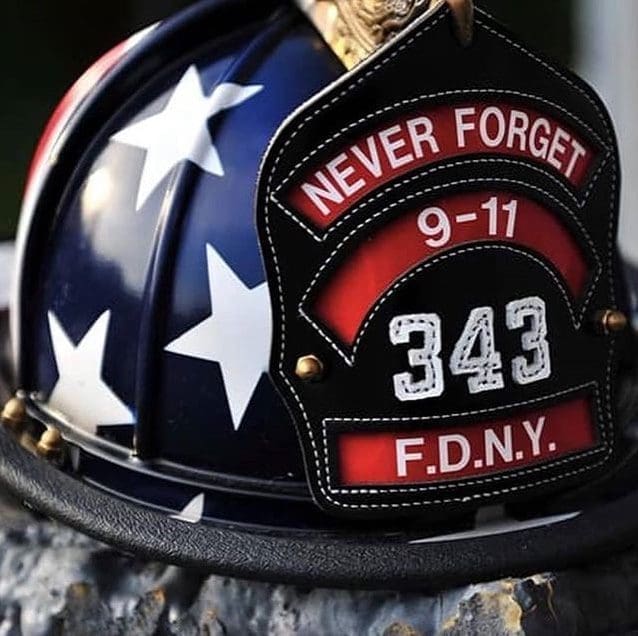Ben Franklin’s Lessons for First Responders – Reprint
An excellent article from FireRescue1 and worth a post of it here. Enjoy.
Here’s how to live your best life in the fire service, according to Poor Richard’s words of wisdom
“If you would not be forgotten, as soon as you are dead and rotten, either write things worth reading, or do things worth the writing.”“Do not squander time, for that’s the stuff life is made of.””You may delay, but time will not.”
From perhaps America’s most beloved of the founding fathers, Ben Franklin’s timeless wisdom is as relevant to emergency responders today as when he started publishing “Poor Richard’s Almanack” more than 280 years ago. While many are aware that Franklin founded the Union Fire Company, America’s first organized fire department, fewer people know that Franklin also cofounded America’s first hospital, the Pennsylvania Hospital in Philadelphia. In his many books and publications, Franklin shared great American common sense that many firefighters and EMS providers will find useful as they work in the professions Franklin himself helped shape. Ben Franklin was known for being calm and thoughtful at a time in America when fiery debate was the norm. While it is unlikely that Franklin ever taught bloodborne pathogen lessons, he often gave advice that you might hear in any modern training classroom, “Tolerate no uncleanliness in body, clothes or habitation.” He also noted that, “In wine there is wisdom, in beer there is freedom, in water there is bacteria.”
An Investment in Fire/EMS Education
Franklin was referring to the everyday industry and professionalism of Americans when he advised that, “It takes many good deeds to build a good reputation, and only one bad one to lose it.” He also said, “Glass, china, and reputation are easily cracked and never well mended.” He also reminds us of one of the first rules of EMS, to, “Wrong none by doing injuries or omitting the benefits that are your duty.”A clear proponent of common sense, Franklin also knew the value of a formal education. “An investment in knowledge pays the best interest,” He noted, and, “The only thing more expensive than education is ignorance.” Franklin often weighed in on the controversy of book learning versus experience to say it is necessary to balance both:
- “Beware of the young doctor and the old barber.”
- “The ancients tell us what is best, but we must learn of the moderns what is fittest.”
- “Who is wise? He that learns from everyone.”
Fire Leadership, Job Satisfaction
Franklin was known for being calm and thoughtful at a time in America when fiery debate was the norm, “Wise men talk because they have something to say; Fools talk because they have to say something.”
His advice to us on being satisfied at work and at home is to:
- “Be not disturbed at trifles, nor at accidents.”
- “Be at war with your vices, at peace with your neighbors, and let every new year find you a better man.”
- “Happiness depends more on the inward disposition of mind than on outward circumstances.” “Any fool can condemn and complain, and most fools do.”
Franklin said of aspiring leaders, “He that cannot obey cannot command.” and that the road to leadership can be long and difficult, but worth the effort, “Do not fear mistakes. You will know failure. Continue to reach out.”
He advised leaders to, “Remember not only to say the right thing in the right place, but far more difficult still, to leave unsaid the wrong thing at the tempting moment.”
A proponent of what now may be known as servant leadership, Franklin recommended that leaders understand, “To be humble to superiors his duty, to equals courtesy, to inferiors nobleness.” Franklin summed up his philosophy on leadership by action:
- “A good example is the best sermon.”
- “Words may show a man’s wit, but actions his meaning.”
Firefighter Professional Development
While he was speaking to all people, many of Franklin’s words especially resonate for the fire/EMS service, professions that rely heavily on self-motivation and lifelong learning:
- “How few there are who have courage enough to own their faults, or resolution enough to mend them.”
- “Resolve to perform what you are; perform without fail what you resolve.”
- “I would advise you to read with a pen in hand, and enter in a little book short hints of what you find that is curious, or that may be useful; for this will be the best method of imprinting such particulars in your memory.”
- “Without continual growth and progress, such words as improvement, achievement, and success have no meaning.”
Perhaps Franklin’s best guidance for emergency service providers is to not simply read his advice, but to put it into action:
- “If you would not be forgotten, as soon as you are dead and rotten, either write things worth reading, or do things worth the writing.”
- “Do not squander time, for that’s the stuff life is made of.”
- “You may delay, but time will not.”
About the Author
Rom Duckworth is a dedicated emergency responder and award-winning educator with more than twenty-five years of experience working in career and volunteer fire departments, hospital health care systems, and public and private emergency services. Currently a career fire captain and paramedic EMS coordinator, Rom is an emergency services advocate, and contributor to research, magazines and textbooks on topics of leadership, emergency operations, and educational methodology. Rom is a frequent speaker at conferences and symposia around the world and can be reached via RescueDigest.com.

